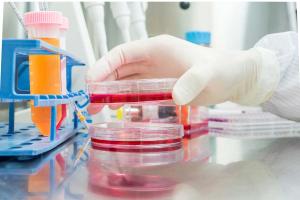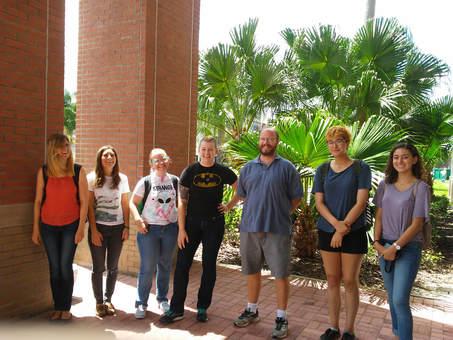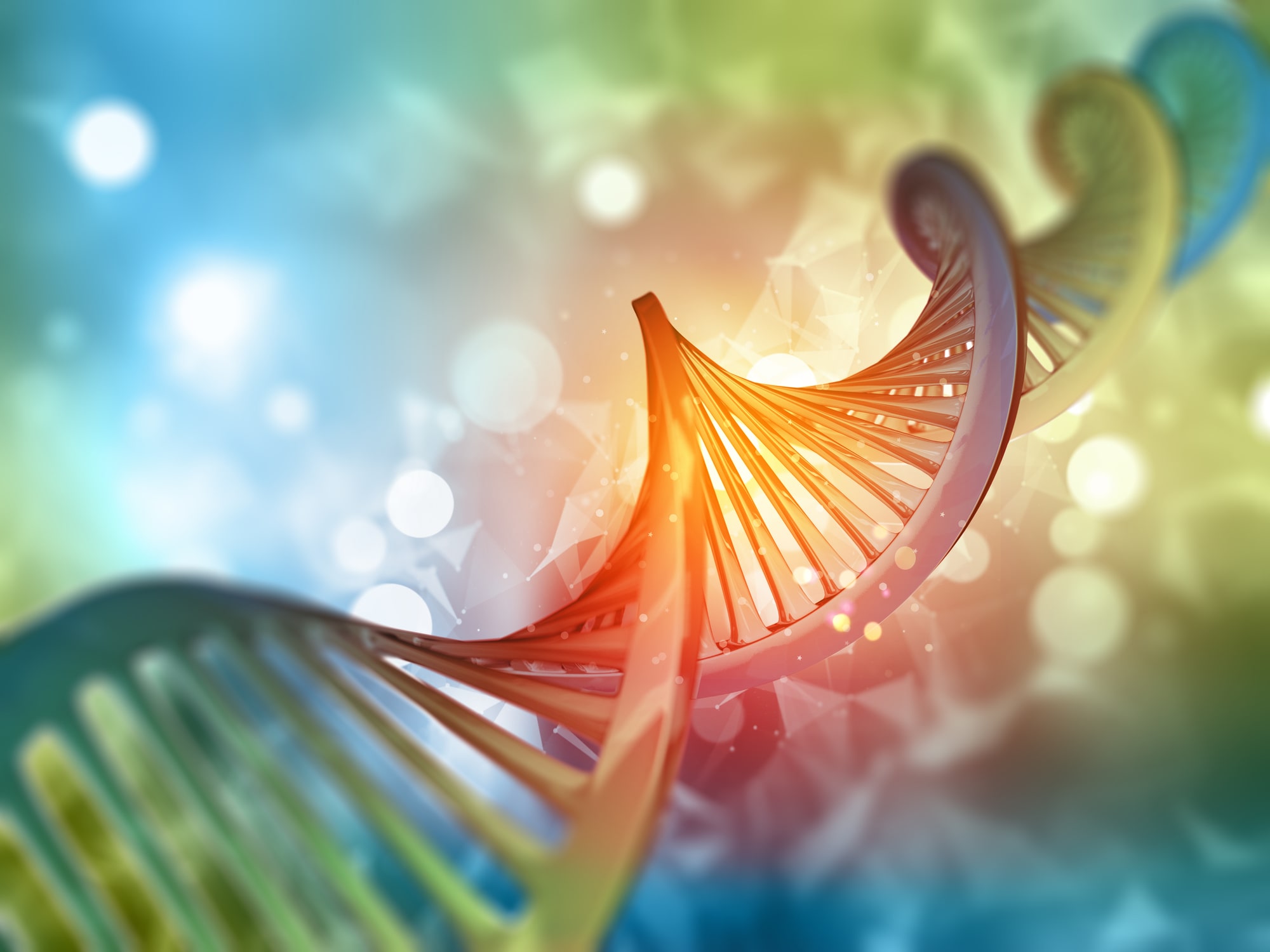 The heat shock response is a cellular activity that increases the number of molecular chaperones to deal with the negative effects on proteins due to increased temperatures, oxidative stress, and heavy metals. In a normal cell, protein homeostasis is maintained because proteins are vital functional units of the cell. If protein structures are altered, protein functions could be affected, leading to cell damage or death. The heat shock response occurs under stress to induce heat shock proteins (molecular chaperones) that help prevent or reverse protein misfolding and provide an environment for proper folding.
The heat shock response is a cellular activity that increases the number of molecular chaperones to deal with the negative effects on proteins due to increased temperatures, oxidative stress, and heavy metals. In a normal cell, protein homeostasis is maintained because proteins are vital functional units of the cell. If protein structures are altered, protein functions could be affected, leading to cell damage or death. The heat shock response occurs under stress to induce heat shock proteins (molecular chaperones) that help prevent or reverse protein misfolding and provide an environment for proper folding.
Genome-wide characterization of stress response regulators
Guisbert/Kim Guisbert Labs | Eric Guisbert, Ph.D. | Karen Kim Guisbert, Ph.D.

The heat shock response is a universal stress response that is also critical for normal growth and associated with a number of human diseases. It activates a protective transcriptional program during sudden temperature increases, but it primarily senses protein misfolding and activates molecular chaperones that assist protein refolding.
The central role of protein folding in the cell explains the requirement for the heat shock response during normal growth, aging and development. Furthermore, the heat shock response is intimately associated with a wide variety of human diseases. For example, many cancers demonstrate strong induction of the heat shock response in the absence of increased temperature. In contrast, activation of the heat shock response appears to be beneficial in many models of neurodegenerative diseases.
We have completed a genome-wide screen to identify new regulators of the heat shock response. Many of these genes were previously associated with neurodegenerative diseases and cancer. Now, our primary focus is to characterize these new regulatory pathways and explore their roles in disease. Our research has revealed that regulation of the heat shock response is customized for each tissue and we are also exploring the molecular basis of this discovery.


 Give to Florida Tech
Give to Florida Tech 